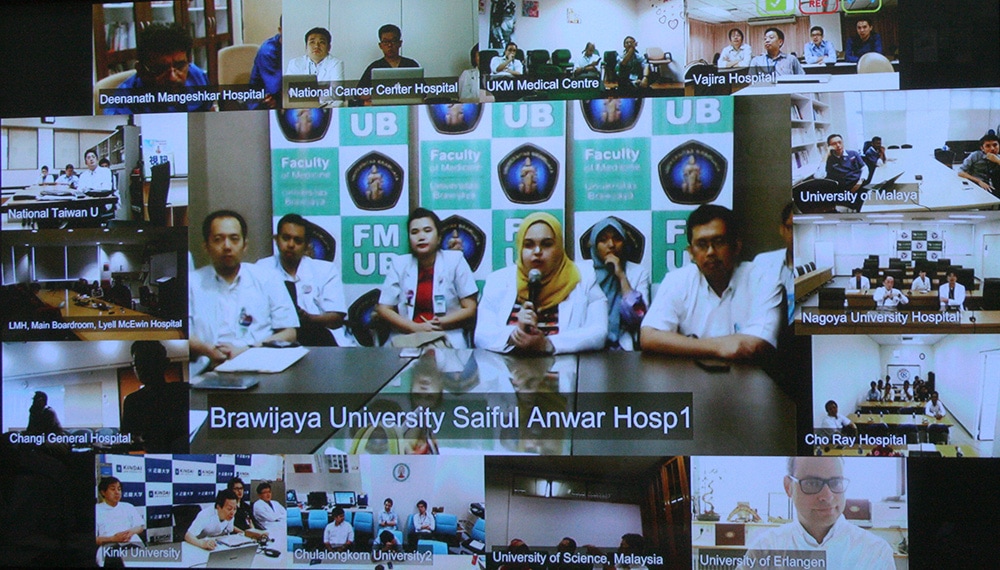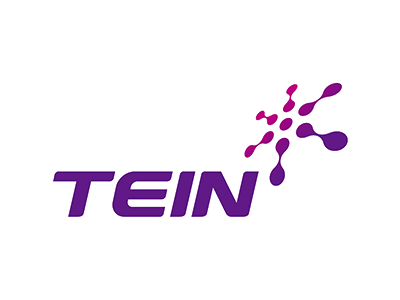
Telemedicine: helping reduce deaths from cancer in Asia
Gastric cancer is the deadliest form of cancer in Asia. It accounts for the deaths of some 28 men and 13 women per 100,000. In Japan, gastric cancer used to have a similar profile – number one in mortality, as well as in incidence. But now, although the incidence in Japan hasn’t changed much, mortality has fallen dramatically. The reason for this fall in mortality is simple: early diagnosis.
Japan has a diagnosis rate of some 60% – the highest in the world. And that’s the result both of sophisticated imaging technology and of better education and training for young doctors. To put it another way: the reason for high mortality elsewhere in Asia is that the cancer is often diagnosed too late for effective medical intervention.
Training young doctors
The Telemedicine Development Center of Asia (TEMDEC) has been building capacity to deliver valuable technical training for cancer specialists right across the region. Essential to this programme is TEIN, a dedicated high-capacity IP network across Asia.
Traditional training methods – physically bringing together experts and trainees – is formidably expensive – more so when the people involved are scattered across an entire continent. Too few doctors can be trained in this way, and the cost is high.
Telemedicine – the provision of healthcare at distance, using communications technology – offered the possibility of a solution. But, to be fully effective, medical training at distance requires very high resolution moving images. The technology needs to deliver video at a rate of 30 frames per second, with no stagnation or stuttering and, moreover, has to be capable of coping with communications equipment of varying quality and different types at the receiving end.
None of this would be possible without TEIN, because conventional communications setups are simply incapable of such sophistication. TEIN – with its speed and stability – provides exactly the right technical solution to this problem.
Key benefits
TEMDEC’s telemedicine project has made a major contribution to the training of oncologists to detect gastric cancer at an early stage. Many patients diagnosed early have been treated by a new and advanced procedure – endoscopic submucosal dissection – that avoids the need for major intrusive surgery, relying instead on endoscopy to access the site of the disease.
Future opportunities
With TEIN, TEMDEC project has improved outcomes for patients with other cancers, as well with a wide variety of other complicated medical conditions.
Understanding gained during this telemedicine collaboration has further stimulated development of the underlying technologies, which has gradually improved users’ experience.
At the same time, TEMDEC has now expanded its activities further in TEIN regions and beyond – into regions with substantial medical needs and relatively few healthcare facilities.
TEIN
TEIN – the Trans-Eurasia Information Network – provides the dedicated, stable, high-capacity internet connectivity essential to ensuring the consistently high quality imaging necessary for medical training. It enables oncology experts from across the world to train their colleagues in real-time, using stutter-free, high-resolution imaging. TEIN offers doctors the next best thing to having the expert standing next to them in theatre or training room, guiding and educating.
TEIN does much more than help train doctors, of course. The network connects scientists and researchers across the Asia Region and, through direct connectivity with GÉANT, the pan-European network, to the entire global research and academic community.
Co-founded by the European Commission and Asian partners, and managed by TEIN*CC, the network began operating in 2000.
It provides:
- dedicated high capacity network for the research, scientific, education, arts and government communities across Asia
- a gateway for global collaboration for more than 30 million users in the region
TEMDEC is now collaborating with 466 institutions in 57 countries, including Thailand, Vietnam, Malaysia, Singapore, Indonesia, the Philippines, India, Nepal and Australia – all countries experiencing both high prevalence and mortality rates of a range of cancers.
For more information please contact our contributor(s):

